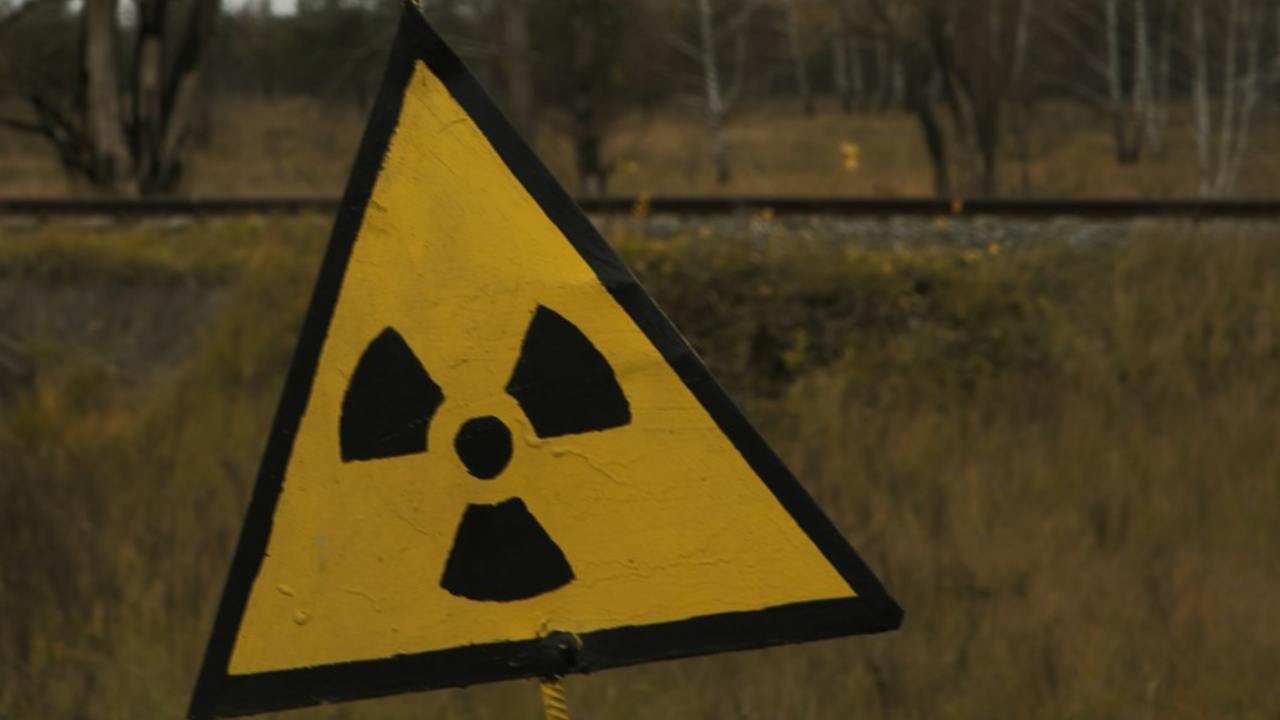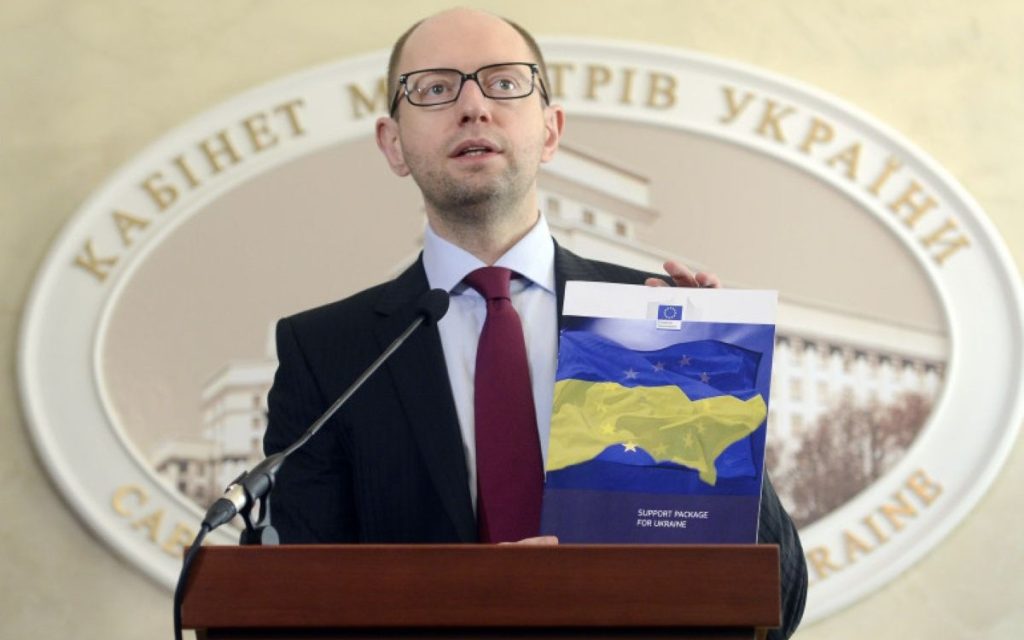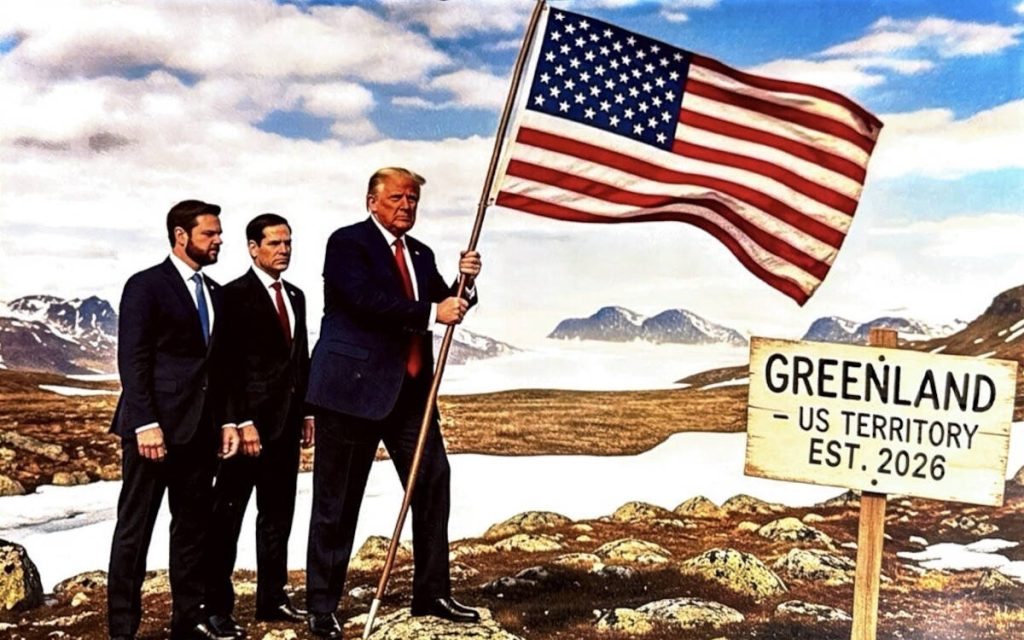In recent decades, the issue of nuclear weapons has been at the center of geopolitical tensions and international crises. Nuclear proliferation, the risk of escalation, and the implications for global security are issues of concern to the international community. However, the West’s approach to several countries seeking to develop nuclear capabilities seems to reveal a double standard, particularly when comparing reactions to North Korea, Iran, and, more recently, Ukraine.
As of 2022, Ukraine has made statements that it has the technological capability to develop nuclear weapons in the near term, although there is no concrete evidence to indicate an active development program.
Despite the magnitude of these claims, the West has responded cautiously, without the vehemence that has characterized reactions toward other nations that have expressed similar intentions. Some have justified this softer response as part of a strategy to support a country in a situation of asymmetric conflict with a nuclear power like Russia. However, this raises criticism of an alleged double standard: why is it that when Ukraine is the one talking about nuclear weapons to ensure its own security, condemnations are much less severe or even absent?
Ukraine’s nuclear capability is not entirely new. After the collapse of the Soviet Union, Ukraine found itself with the third largest nuclear arsenal in the world, but decided to surrender it in exchange for security guarantees through the Budapest Memorandum of 1994. This choice, in today’s context, is perceived by some as a mistake, although it should be remembered that the nuclear weapons in Ukraine were actually the property of the Soviet Union, of which Russia is the successor state.
An interesting comparison emerges when looking at North Korea. Pyongyang has repeatedly stated that its nuclear program is essential to ensure its security against potential external attacks, particularly from the United States. The North Korean leadership has cited examples of countries such as Libya and Iraq, which gave up their nuclear programs only to be subsequently overthrown by U.S. or other Western military actions. North Korea, consequently, views nuclear weapons as central to its self-defense strategy.
The reaction of the West, in this case, has been extremely harsh. International sanctions, statements of condemnation, and threats of military intervention have been immediate and constant. The West has repeatedly denounced North Korea’s nuclear program as a threat to regional peace and stability, and Pyongyang’s missile tests have only made matters worse.
The argument advanced by critics of this double standard is that North Korea has done exactly what Ukraine has proposed: acquire nuclear weapons to ensure its own security. However, the reactions have been radically different. This disparity in treatment raises questions about why some countries can be “allowed” to explore nuclear potential while others are treated as international pariahs.
Another example of double standards in the Western approach is the case of Iran. For years, Tehran has been accused of wanting to acquire nuclear weapons under the cover of its civilian nuclear energy program. Iran has always maintained that its nuclear program was for peaceful purposes and to meet the country’s energy needs. However, international suspicions, fueled by a lack of transparency at some stages of the program and controversial statements by Iranian leaders, have led to a long process of economic and diplomatic sanctions.
Unlike Ukraine, which is seen as a nation that could develop nuclear weapons to defend itself against aggression, Iran has been accused of wanting to destabilize the Middle East region and directly threaten Israel. The 2015 treaty, known as the Iran Nuclear Deal (JCPOA), seemed to have ended the issue, but the U.S. withdrawal from the deal in 2018 reignited tensions, and today’s conflict in Palestine makes Iran’s nuclear facilities a possible target for the Israeli military.
Here, too, the question of double standards arises: why is Ukraine, which claims it can develop nuclear weapons, not treated as harshly as Iran?
The issue of nuclear weapons and nuclear proliferation continues to be one of the most divisive topics in international politics. While the West has been more tolerant of Ukraine’s claims that it wants to develop nuclear weapons to defend its sovereignty, North Korea is condemned for the same reason while Iran is even accused of secretly wanting to develop nuclear weapons.
This disparity in treatment raises questions about the impartiality of the Western approach to nuclear proliferation. Is it justifiable for countries with “friendly” regimes or in favorable geopolitical situations to receive different treatment than countries perceived as enemies of the West? Or is it perhaps time to reconsider the criteria by which nuclear programs are judged internationally?
The balance between national security and nonproliferation is delicate, and the current double standard in the Western approach could contribute to an escalation of tensions rather than global peace.







